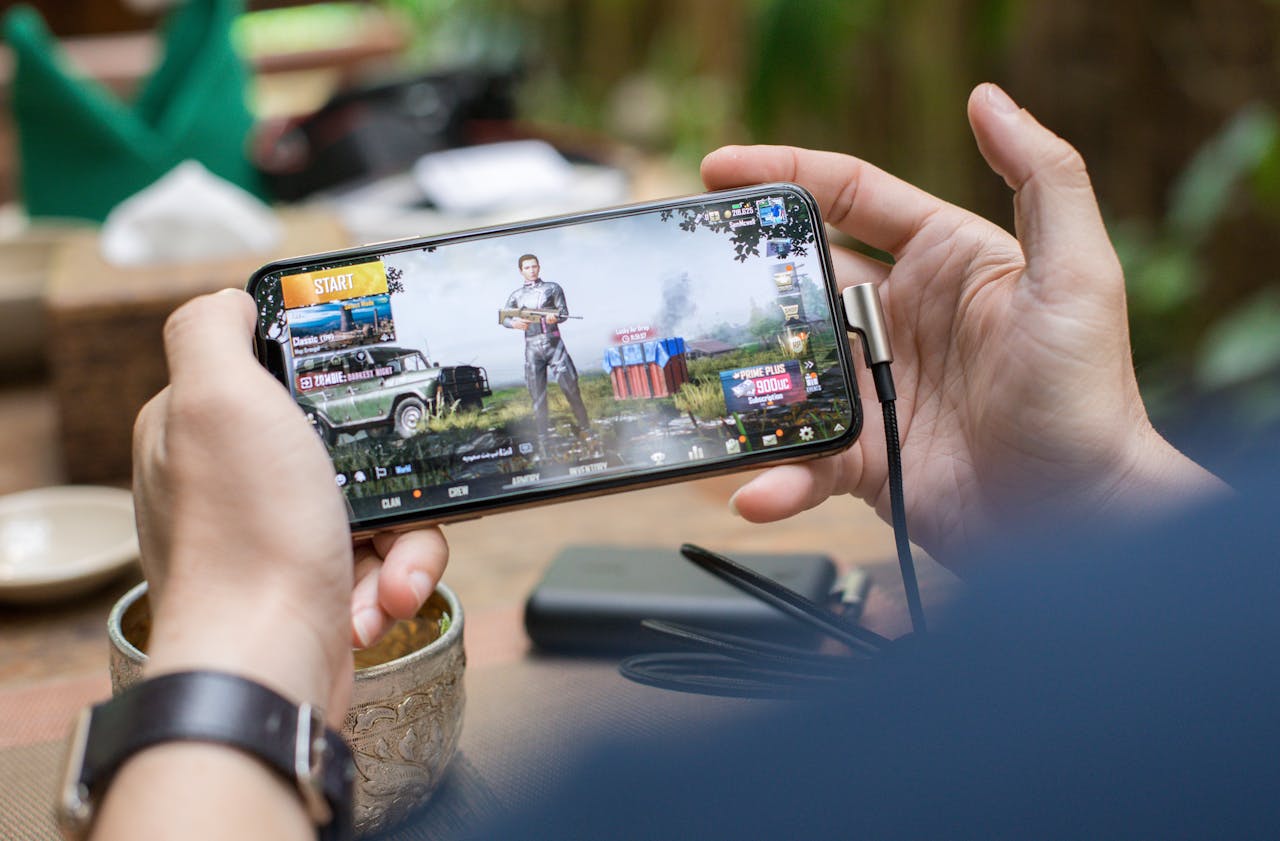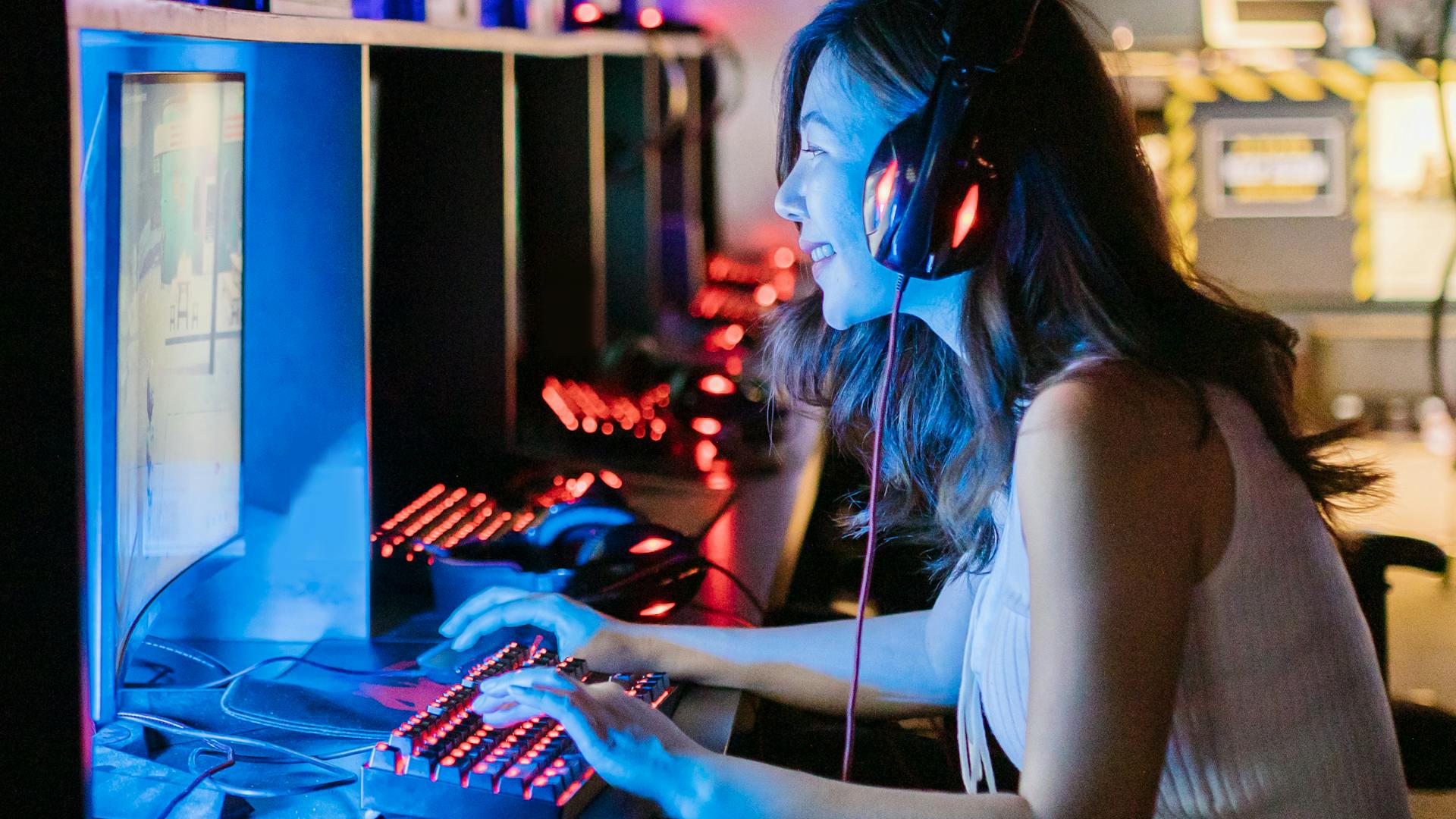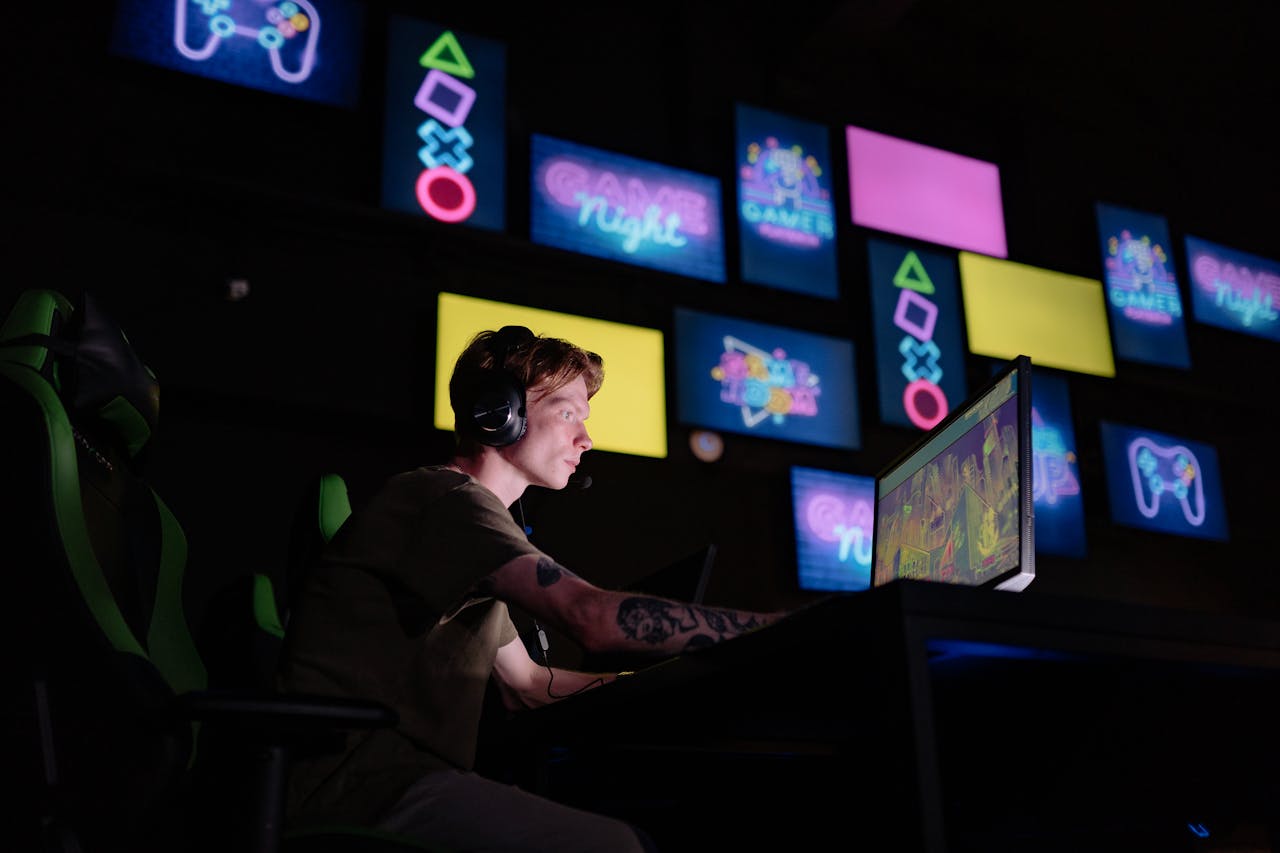
What Drives Gaming Companies to Localize Their Game for the Indonesian Market?
When foreign gaming companies undertake the localization of languages for games destined for release in Asia, their consideration typically revolves around Chinese, Japanese, and Korean, given the substantial revenue generated by markets employing these languages.
However, this approach may present challenges, as not all gamers in the region are proficient in either English or the aforementioned Asian languages. It's unsurprising, therefore, that the favoured games among Southeast Asian gamers, especially in the realm of mobile gaming, are those offering a local language option.
As evidenced in the subsequent table, every top-grossing mobile game title in Southeast Asia includes a minimum of three Southeast Asian language options. Even so, Indonesia stands out as one of the intriguing case study markets in game localization. So, why and how? Let us delve deeply into the reasons in this article.
Why Gaming Companies Should Pay Attention to Indonesian Video Game Market

If you're contemplating marketing your game in Asia, Indonesia is an indispensable market that cannot be overlooked. Allow us to elucidate the reasons:
1. 4th Largest Population in The World

With a population exceeding 278,7 million people as of January 2024, Indonesia ranks as the fourth most populous country globally. Statistics indicate a rise in Indonesia's population by 2.3 million individuals, representing a growth of 0.8 percent from early 2023 to the beginning of 2024.
Additionally, the United Nations foresees a significant shift towards urbanization, estimating that by 2050, two-thirds of Indonesia's populace will reside in urban areas. This trend is viewed favourably as it signifies essential steps towards the country's progression to middle-income status, necessitating urbanization and industrialization.
These statistics undeniably highlight the vast potential for future growth within the Indonesian market, presenting a lucrative opportunity for international gaming companies to explore.
2. The Gaming Market in Indonesia is Flourishing

According to data compiled by Statista and Kompas.id, the gaming market in Indonesia is poised to achieve substantial growth, with an estimated total revenue of 505.44 billion US dollars in 2024. This growth is projected to continue at an average annual rate of 8.74%, reaching 649.8 billion US dollars by 2027, surpassing the growth rates of neighbouring countries such as Malaysia and Singapore.
Indonesia's gaming market also outpaces more mature markets like Japan and Korea in terms of growth. Despite having the lowest average revenue per user (ARPU) in Southeast Asia, the country's continuous economic expansion is expected to drive ARPU growth, exceeding $10 by 2025.
3. Indonesia Has The Fastest Growing Mobile Games
Mobile gaming reigns supreme in the Indonesian gaming market, and it is also the primary focus of localization endeavours. Nearly all of the top 20 highest-grossing mobile games in the nation offer Indonesian as a language option.
This is further supported by Indonesia's rise to become the third-largest mobile game market based on Google Play downloads. According to the data.ai report, Indonesian gamers collectively spent a sum of US$370 million (IDR5.4 trillion) on mobile games in 2022, marking a US$50 million (IDR742 billion) increase from the previous year.
Although mobile gaming holds the upper hand, Indonesia is witnessing the most rapid growth in its PC gaming market across Southeast Asia. Additionally, the emergence of the console market is evident, with both players and local developers displaying heightened interest.
This trend underscores the heightened significance of language localization for Indonesian gamers, further emphasizing its importance for companies seeking to penetrate this market. For instance, in August 2023, Valve introduced Indonesian language support to its Steam Client Beta, enabling it to cater to 55 million Indonesian PC gamers.
4. 130 Million Gamers Today
Having 130 million gamers in Indonesia serves as a compelling reason for foreign gaming companies to consider localizing their games for the Indonesian market. This vast number of gamers indicates a significant potential audience that could contribute to the success and profitability of their games in Indonesia.
And do you know that 79% of Indonesians identify themselves as gamers, with nearly half of them engaging in gaming daily? Furthermore, 1/5th of users play between 4 - 6 times weekly, dedicating an average of 30 to 60 minutes per gaming session.
By localizing their games to cater to the preferences and cultural nuances of Indonesian gamers, foreign gaming companies can effectively tap into this large and growing market, enhancing their competitiveness and expanding their reach in the global gaming industry.
Localize for The Indonesian Market: Handy Guidelines for Gaming Companies

As the number of gamers in Indonesia is expected to reach close to 150 million by 2027, the significance of localization for Indonesian gamers will undoubtedly increase. Thus, presented below are essential guidelines to effectively localize your game for success in the Indonesian app market:
1. Language
Indonesia boasts significant diversity, both in terms of its languages and cultures. With a staggering array of over 700 living languages, Indonesia ranks as the world's second most linguistically diverse country, encompassing approximately 10% of all languages worldwide.
Despite this linguistic diversity, at the national level, the government officially recognizes only the Indonesian language. Indonesian serves as the nation's "lingua franca," facilitating communication among speakers of various languages.
Recognition of indigenous languages occurs primarily at the regional level, with languages such as Javanese (spoken by over 30% of the population), Sundanese, and Malay being the most prevalent.
- On Google Play, Indonesian stands out as the predominant language. Similar to English, the Indonesian language employs a Roman alphabet consisting of 26 letters, devoid of specific accents and pronounced phonetically.
- Notably, Indonesian text tends to be between 8% and 12% longer than its English counterpart, a factor worth considering when optimizing app metadata.
To ensure effective localization of your app, gaming companies should collaborate with professional translators who are native speakers of Indonesian. Such individuals can adeptly navigate the cultural and linguistic nuances of Indonesia, thereby enhancing the likelihood of successful app localization.
2. Title
In Indonesia, the majority of foreign gaming companies retain their original brand names, with only a few opting to translate their brand names into Indonesian, such as Snake.io becoming Ular.io, although this is not obligatory.
However, many apps and games choose to supplement their titles with generic descriptive keywords. These keywords may be in either Indonesian or English, and titles containing English keywords are typically positively received in Indonesia.
3. Adding Local Characters
Besides language adaptation, additional measures in hyper-localization such as incorporating indigenous characters, cultural events, items, music, and partnering with local celebrities play a crucial role in engaging gamers within the region.
Integrating local festivities and traditions, such as Ramadan and Eid al Fitr, Indonesian Independence Day, or Balinese New Year, into the game through special events or items can significantly enhance its appeal among Indonesian gamers. Similarly, featuring characters inspired by the country's rich mythologies or legends can evoke enthusiasm among players.
A prime example is the popularity of Kadita, inspired by the Nyi Roro Kidul (Queen of the Southern Seas), in Mobile Legends, where the character actively participates in in-game local celebrations. Game companies should conduct thorough research to understand the appropriate timing, lore, characters, designs, and other cultural elements that resonate well with Indonesian gamers.
4. Highlight Multiplayer Functionalities on Your Application Page
Multiplayer gaming holds significant popularity in Indonesia, to the extent that single-player, offline games are in the minority. Remarkably, only two out of the top ten free and grossing games lack any multiplayer aspect.
All other games offer opportunities to engage with friends or compete against other players. Therefore, if your game incorporates multiplayer features, be sure to highlight them on your application page.
5. Consider the Length of Text Strings
In general, Indonesian translations tend to be around 20% longer than their English counterparts. When faced with character limitations, proficient translators often retain terms in English or shorten sentences while preserving the intended meaning.
Given that strings typically cannot exceed the length of the source, this poses challenges in selecting the appropriate words for translation. Consequently, translations often require transcreation rather than mere translation.
6. Avoid Sensitive Topics
To ensure the success of your game in Indonesia, it's important to steer clear of certain subjects. Anything related to gambling, for instance, is viewed negatively by the public, so it's advisable to approach this topic cautiously.
Exercise caution when presenting the human form in your screenshots as well. Avoid showcasing even slightly revealing models, irrespective of gender, as it may lead to issues.
Sensitive subjects like religion and sexual orientation should also be avoided. In the traditional province of Aceh, PUBG games have been labelled as sinful by the local council, citing potential insults to their religion and concerns over potential incitement of violence among the youth.
While there isn't an official law in Indonesia prohibiting the playing of PUBG games, it's important to be mindful of cultural values, especially considering that the majority of the population in Indonesia are Sunni Muslims.
Lastly, Indonesian players value high-quality graphics and smooth gameplay experiences. They often rely on word-of-mouth recommendations before trying out a new game. Localized games stand a better chance of receiving praise.
In Nutshell
With its burgeoning population and fastest-growing game markets in Asia, Indonesia stands as one of the most populous nations globally, experiencing rapid growth and displaying openness to games from international gaming companies. This presents a promising opportunity for games seeking global expansion.
So, are you ready to tap into the Indonesian gaming market? Reach out to Digital Trans Asia today. Our services assist gaming companies in freeing up time from mundane tasks, allowing them to concentrate on essential activities.
We specialize in professional game localization and the creation of game art at various levels of intricacy. Furthermore, we offer services such as dubbed localization, web novel localization, and subtitle localization. Stay updated on the latest developments in the Southeast Asian gaming industry by following our blog.